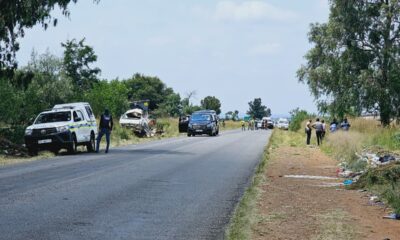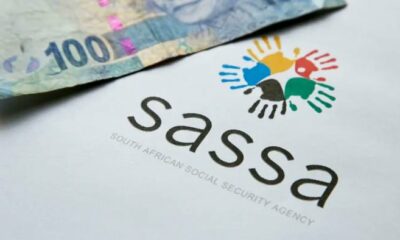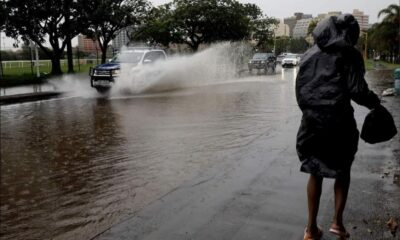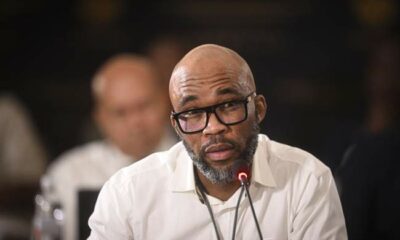Business
End of an Era: Coca-Cola Sells Its South African Bottling Business in $2.6 Billion Deal
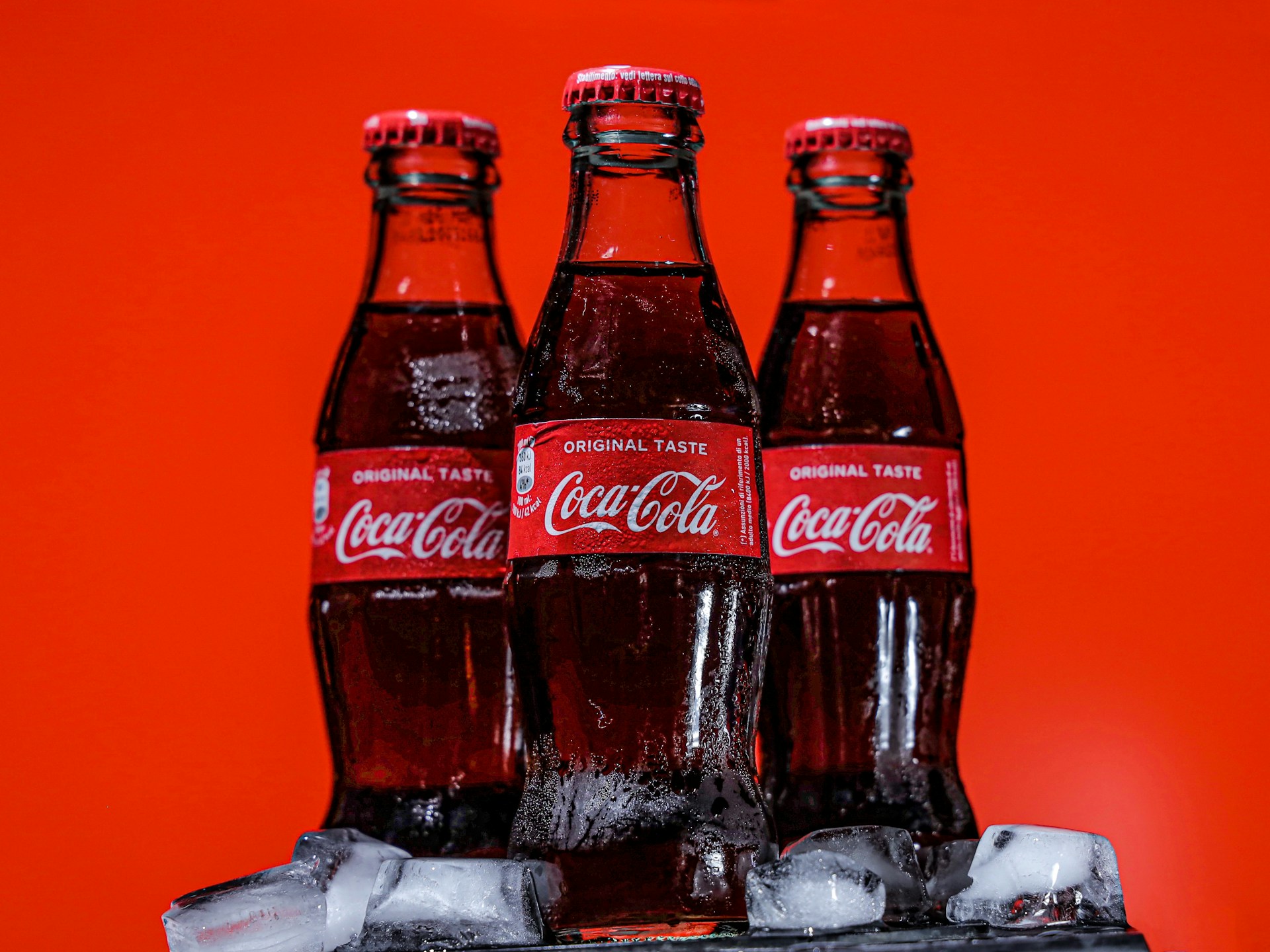
End Of An Era For Coca-Cola In South Africa
After nearly a decade of bottling operations in South Africa, Coca-Cola is stepping back. The global drinks giant has announced the sale of its majority stake in Coca-Cola Beverages Africa (CCBA) to Coca-Cola HBC AG for a massive $2.6 billion (R45 billion) a move that reshapes the soft drinks landscape on the continent.
A New Bottling Powerhouse
The deal positions Coca-Cola HBC as the second-largest Coca-Cola bottler in the world by volume, adding 14 new African markets to its portfolio. Once completed, the company will handle two-thirds of Coca-Cola’s total production volume across Africa, reaching more than half of the continent’s population.
Coca-Cola HBC, which began in 1951 as the Nigerian Bottling Company, is now based in Switzerland and operates in 29 countries across three continents. By acquiring 75% of Johannesburg-based CCBA, the group cements its expansion strategy in fast-growing African markets.
The remaining 25% of CCBA, owned by Coca-Cola Co. and Gutsche Family Investments, could also change hands in the next six years, as Coca-Cola HBC holds an option to buy out the rest. The deal is expected to close by the end of 2026, subject to regulatory approvals.
From Merger To Milestone
CCBA’s story began in 2015, when The Coca-Cola Company, SABMiller, and Gutsche Family Investments (GFI) combined their Southern and Eastern African bottling operations. The merger created one of the largest Coca-Cola bottlers globally, officially launching as a legal entity in July 2016.
When AB InBev later acquired SABMiller, Coca-Cola stepped in to reclaim control of its bottling network, buying back AB InBev’s stake in 2017. By 2021, Coca-Cola had floated the idea of listing CCBA publicly, signaling its intention to gradually exit direct bottling operations a move that has now come full circle.
Coca-Cola’s global strategy has been shifting toward a more asset-light model, focusing on brand ownership and distribution rather than the physical bottling of drinks. The sale of CCBA follows a similar divestment of its Indian bottling interests earlier this year.
Job Concerns On The Horizon
Despite the scale of the deal, uncertainty looms for Coca-Cola Beverages South Africa (CCBSA), a subsidiary of CCBA. Reports surfaced in September that the company may cut up to 680 jobs about 9% of its 7,700-person workforce and shut down plants in Bloemfontein and East London due to financial strain.
The Food and Allied Workers Union (FAWU) confirmed that it received a Section 189 retrenchment notice, marking the start of formal consultation about the potential job losses. While the company insists that no final decisions have been made, it has begun offering separation packages as an alternative to forced retrenchment.
In a statement, CCBSA said the restructuring aims to adapt to “evolving industry dynamics,” though it acknowledged that the process could “unfortunately result in job losses.”
A Strategic Shift For The Continent
As Coca-Cola HBC prepares for a secondary listing on the Johannesburg Stock Exchange, the move is being positioned as a sign of commitment to both South Africa and the wider African market.
While Coca-Cola’s exit marks the end of an era in local operations, it also signals the start of a new chapter one where Africa becomes a more central player in Coca-Cola’s global growth story, but under new leadership and a more corporate European structure.
For many South Africans, this sale is more than a business transaction; it’s the closing of a familiar chapter in the country’s corporate history one that has seen Coca-Cola become as much a part of local life as the red and white branding on its bottles.
{Source:Business Tech}
Follow Joburg ETC on Facebook, Twitter , TikTok and Instagram
For more News in Johannesburg, visit joburgetc.com

